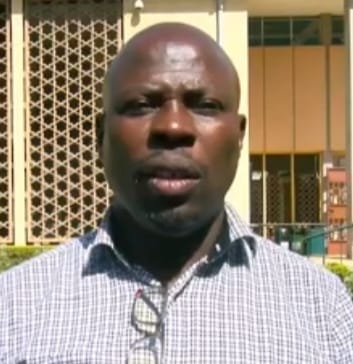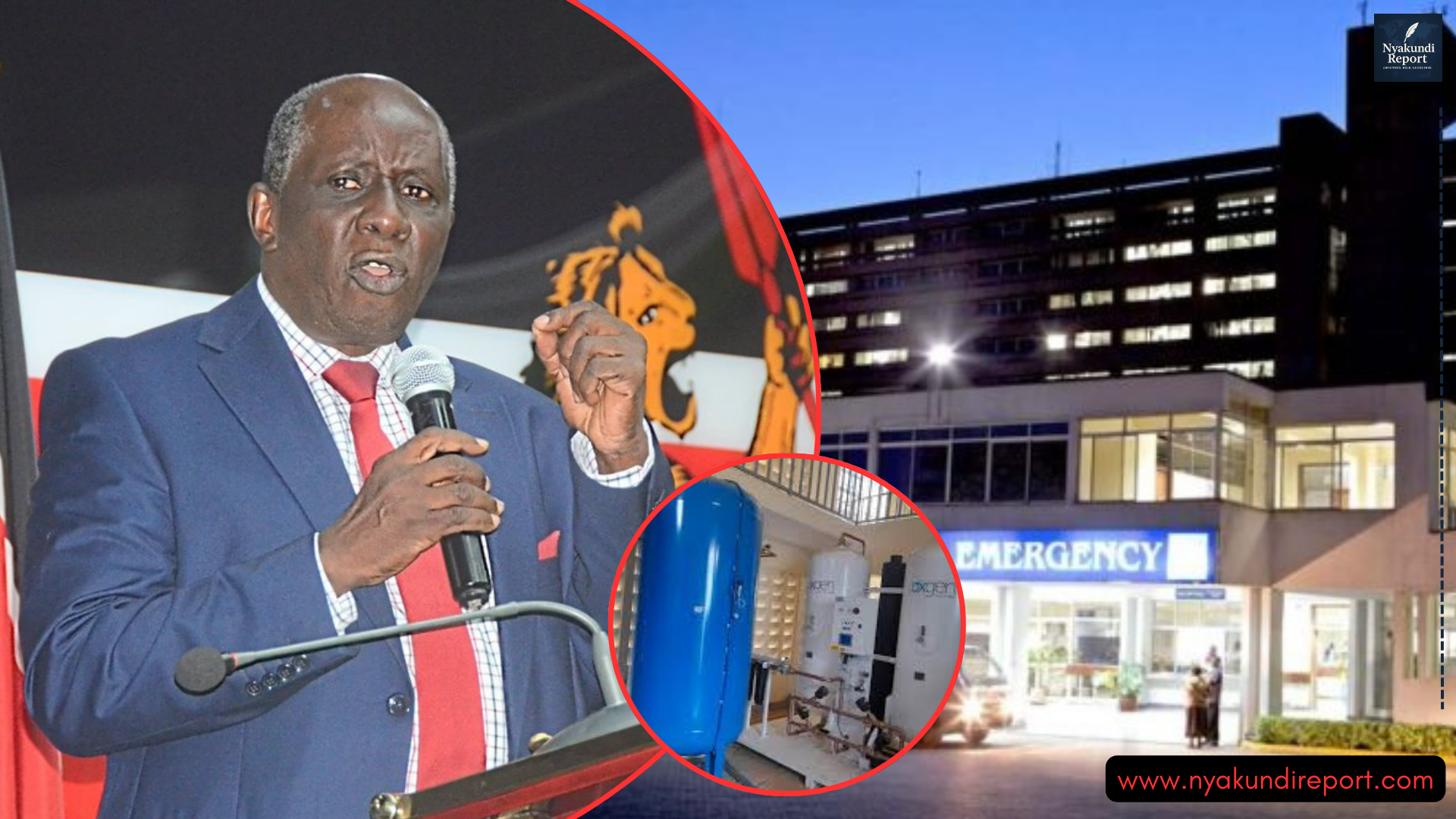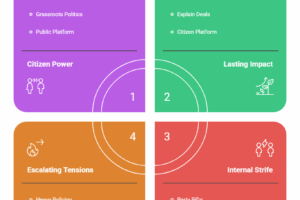The Judiciary has been thrust into the spotlight once again, this time over billions of taxpayers’ money reportedly lost to unregulated allowances. Members of Parliament are demanding accountability after revelations that judges and senior judicial officers have been receiving per diems far in excess of the limits set by the Salaries and Remuneration Commission (SRC).
While judicial independence is enshrined in the Constitution, lawmakers argue that financial autonomy cannot justify unchecked spending. The scandal has now raised fundamental questions on transparency, fairness, and the unchecked power of the Judiciary in managing public resources.

Billions Lost to Unregulated Allowances in the Judiciary
The Judiciary is facing sharp criticism for awarding itself domestic travel and subsistence allowances without SRC approval.
In July 2019, former Chief Registrar Anne Amadi introduced a controversial new system. The Chief Justice and Deputy Chief Justice were placed at the top, pocketing Ksh30,000 per diem for local travel. Judges and the Chief Registrar followed with Ksh25,000 each day, while Chief Magistrates, Deputy Chief Registrar, Chief Kadhi, and senior staff in job groups PLS 16 and 17 each received Ksh20,000.
This structure immediately raised eyebrows. The Auditor-General’s report for the year ending June 30, 2023, flagged the payments as irregular, stating that they violated SRC guidelines. The watchdog found that the Judiciary deliberately paid rates far higher than those authorised, amounting to billions lost in taxpayers’ money.
Parliament’s Public Accounts Committee (PAC) questioned the rationale behind the decision. Legislators said the Judiciary was effectively acting as its own regulator, a dangerous precedent in a country already battling ballooning public expenditure.
MPs Challenge Judiciary on Accountability
During the heated session on September 10, PAC members grilled Chief Registrar Winfridah Mokaya, who also serves as the Judiciary’s accounting officer.
Mathioya MP Edwin Mugo questioned who sets the bar for such allowances. He argued that while an allowance could be pegged at a few hundred shillings, unchecked discretion could see it inflated to thousands without oversight.
Mugo added that SRC usually conducts surveys to determine fair rates, taking into account hotel prices and prevailing economic conditions. He warned that ignoring these guidelines risks creating inequality across government institutions.
Mokaya, however, defended the Judiciary. She claimed the Judicial Service Commission (JSC) pegged its rates on those used by the Parliamentary Service Commission (PSC) and conducted internal benchmarking before SRC issued its 2022 circular.
MPs dismissed her explanation as misleading. They pointed out that PSC operates under controversial internal benchmarks, many of which SRC has already nullified. Legislators insisted that the Judiciary cannot act outside the framework that binds all other public officers.
Auditor-General Flags Irregular Payments
Auditor-General Nancy Gathungu’s report was blunt. She concluded that by paying rates outside SRC’s approval, the Judiciary breached the law and committed irregular expenditure.
Her findings revealed that the allowances benefited the highest-ranking judicial officers, including the Chief Justice, Deputy Chief Justice, all judges, and senior staff. The report painted a picture of systemic abuse, with taxpayers carrying the burden.
Legislators are now demanding that the Judiciary produce a Supreme Court ruling it cited as the legal basis for the allowances. They also want details of the benchmarking process used to arrive at the disputed rates.
The controversy comes at a time of increasing public outrage over government extravagance. From sitting allowances to foreign travel perks, state officers continue to enjoy hefty benefits while citizens struggle with high taxes and rising living costs.
Taxpayers are watching closely, and any attempt to sweep this under the rug will only fuel more anger. Unregulated allowances risk undermining public confidence in the very institution tasked with upholding justice.







































